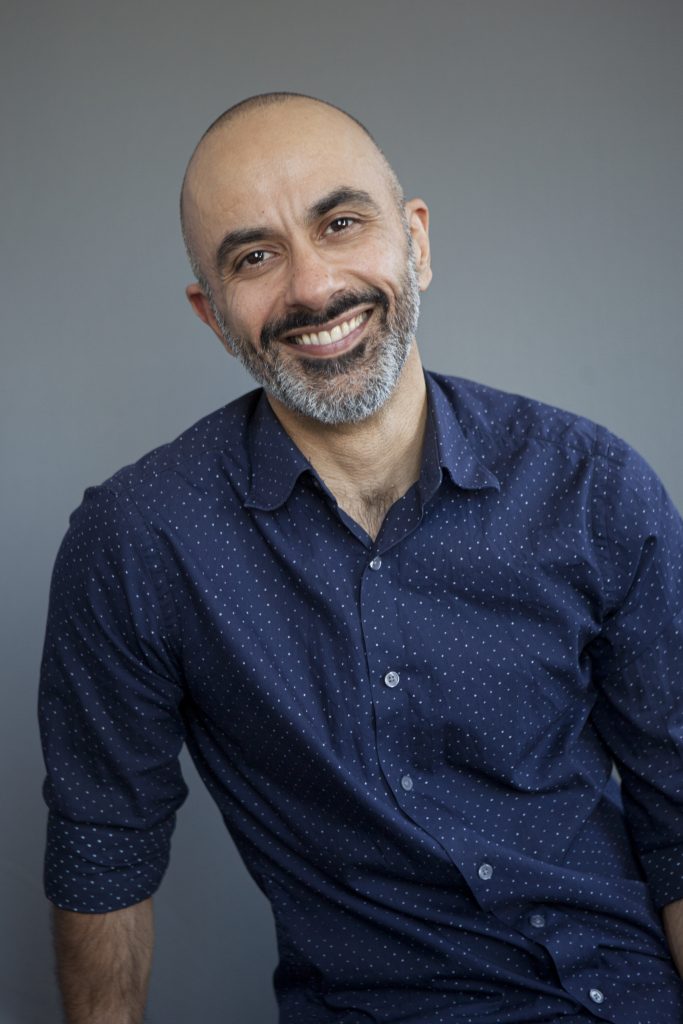- Programs
- Admissions
- Student Experience
- Research
- About
- Alumni
- Navigator
BIO
Dr. Vajdon Sohaili
Assistant Professor
Division of Art History and Contemporary Culture
CONTACT INFORMATION
vsohaili@nscad.ca
Room S403 (Fountain Campus)

Background
Vajdon Sohaili is an Assistant Professor in the Division of Art History and Contemporary Culture. Vajdon specializes in the art and architecture of global modernism, including the history of film; his teaching and research practice are grounded in principles of decentring and decolonization. Vajdon completed his Ph.D. in Architectural History and Theory at Princeton University, with support from the Princeton Institute for International and Regional Studies (PIIRS) and Canada’s Social Sciences and Humanities Research Council (SSHRC). Thereafter, he served as a postdoctoral research fellow in Princeton University’s School of Architecture. In addition, Vajdon holds an MA in Art History from the University of Toronto, where he also earned a graduate certificate in Sexual Diversity Studies through the Bonham Centre. Prior to entering academia, Vajdon worked in non-profit communications for the HIV Legal Network, a health and human rights policy institute in Toronto, and as editorial consultant for an international roster of clients, including the International Human Rights Program at the University of Toronto Faculty of Law, the European Harm Reduction Network, and numerous UN-accredited agencies.
CURRENT RESEARCH AND/OR CREATIVE PRACTICE
Vajdon’s research focuses on questions of architectural and spatial representation in the visual arts, design, and mass media, and their implications for understanding the operations of power within global modernity. Drawing from interdisciplinary critical theory (psychoanalysis, semiotics, coloniality), he examines the ways that visual culture shapes and is shaped by systems of oppression and positions of resistance. His current research traces a visual history of architectural destruction in the context of global crisis (war, climate, housing), situating it within strategic discourses of modernist and contemporary reconstruction. An additional book project examines institutional works of architecture and public art in a cross-section of mid-twentieth century settler colonial societies—including Southern Rhodesia (present-day Zimbabwe), Israel/Palestine, and Canada—exploring how notions of “unity” and “community” were used to buttress political power and obstruct decolonization.
COURSES TAUGHT
- 19th Century Art and Architecture
- History of Film 1945–Present
- Architecture in the Filmic Imaginary
- Surreal Resistance
- Modernism & Postmodernism
- Introduction to Visual Culture
